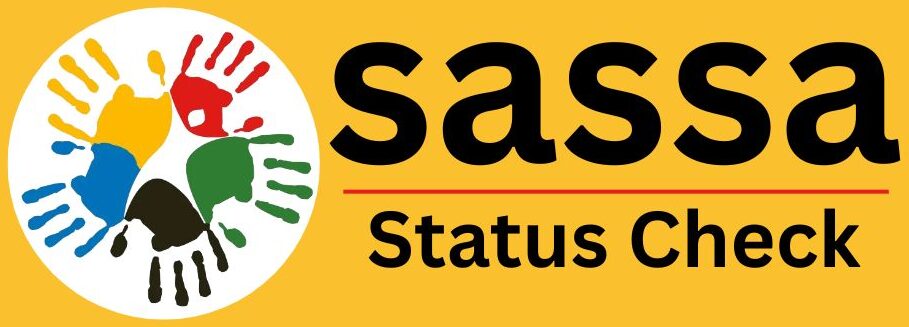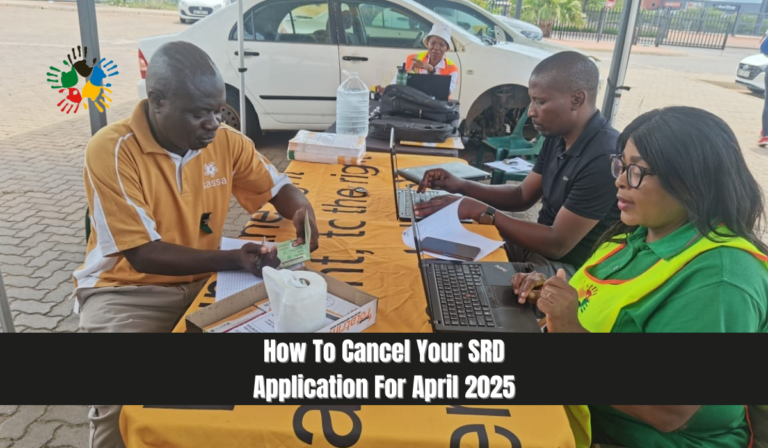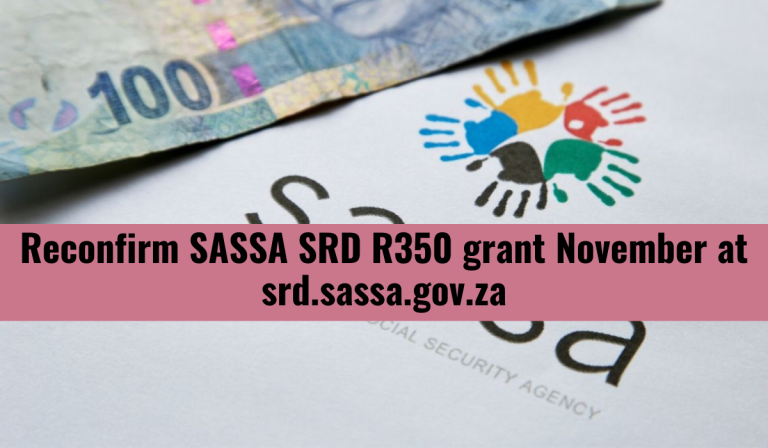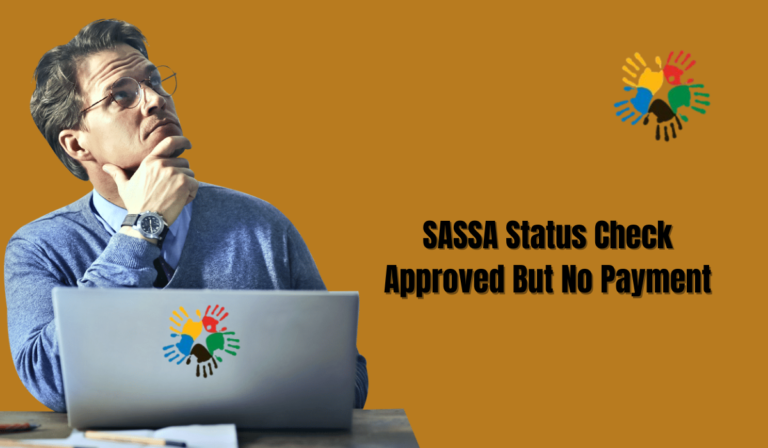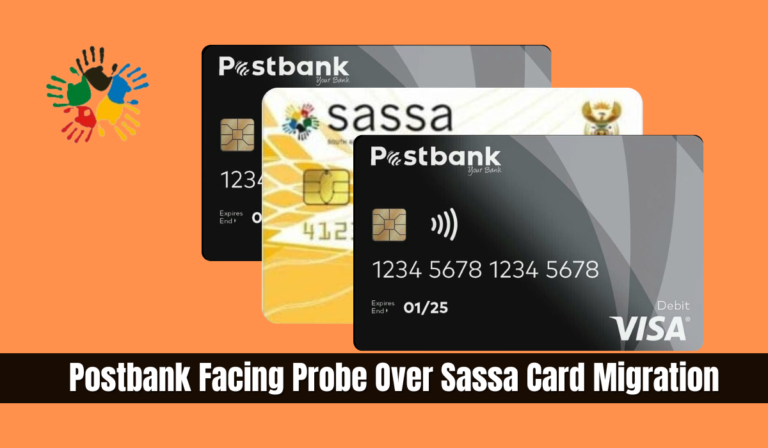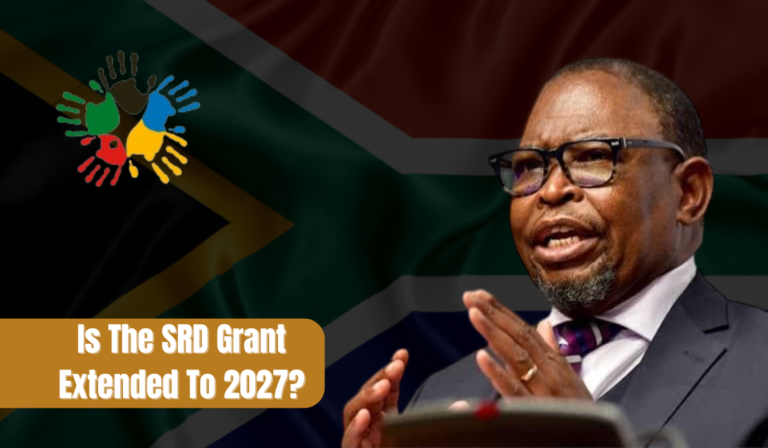Phumelele Myeza Bail Request Was Denied Due to R4 Million SASSA Fraud Charges
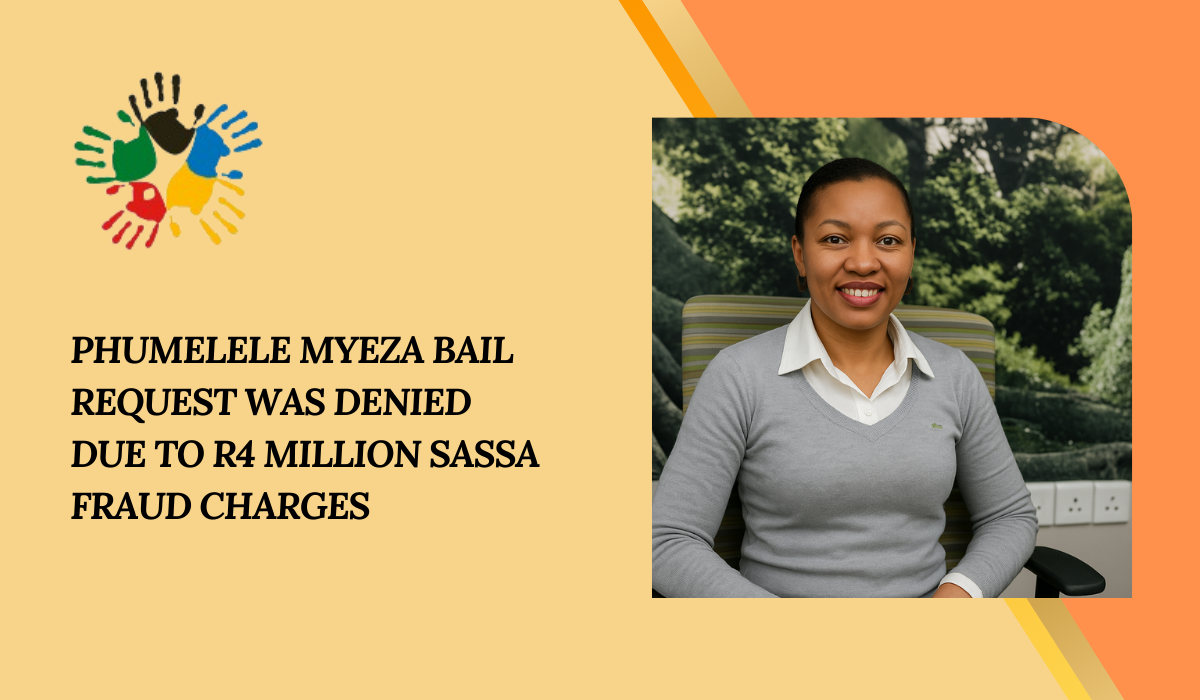
Phumelele Myeza Bail Request Was Denied Due to R4 Million SASSA Fraud Charges. In a significant development that underscores the gravity of corruption within South Africa’s social grant system, Phumelele Myeza has been denied bail by the South Gauteng High Court in Johannesburg. This decision comes amidst serious allegations involving the R4 million SASSA fraud case, one of the most extensive fraud operations targeting the South African Social Security Agency (SASSA) in recent memory.
Background of the Case
The bail application rejection for Phumelele Myeza, the ninth accused in the case, marks a critical point in the legal battle involving 11 accused individuals, including eight SASSA officials. These individuals stand accused of orchestrating an elaborate fraud and cybercrime operation that resulted in millions of rands being siphoned from the SASSA system.
The accused allegedly manipulated the system by creating fake SASSA profiles, into which an estimated R4 million was illicitly deposited. The funds were then withdrawn from various SASSA pay points, implicating a deep-rooted network of internal and external collaborators.
Bail Application and Legal Proceedings
Phumelele Myeza’s legal team approached the South Gauteng High Court with an urgent application for bail. They argued that the postponement period set by the Lenasia Magistrate’s Court was excessively long and irregular, thereby infringing upon Myeza’s legal rights.
However, State Advocate Matshediso Phatlanyane, representing the National Prosecuting Authority (NPA), opposed the bail application, citing procedural integrity and the seriousness of the charges. Phindi Mjonondwane, spokesperson for the NPA, stated that the court was not in a position to grant bail as the matter was still under consideration in a lower court.
The High Court ruled in favor of the State, emphasizing that there were no legal irregularities in the proceedings of the magistrate’s court and that the high court should not interfere prematurely.
Nature of the Charges
The accused face over 1,000 charges, including:
- Cybercrime
- Fraud
- Identity theft
These charges stem from the misuse of SASSA’s digital systems, which were exploited to create fictitious beneficiary accounts. The fraudulent scheme represents one of the most sophisticated cyber frauds recorded in the agency’s history.
| Charge Type | Description |
|---|---|
| Cybercrime | Unauthorized access and manipulation of digital systems for financial gain |
| Fraud | Creation of fake SASSA profiles and unauthorized withdrawal of funds |
| Identity Theft | Use of stolen or fictitious identities to facilitate fraudulent SASSA payments |
Why the Bail Was Denied
The High Court’s judgment reiterated several critical legal principles:
- Premature Application: Myeza’s approach to the High Court was deemed premature as the bail application process in the Magistrate’s Court was still ongoing.
- Insufficient Evidence: The defense failed to provide compelling reasons or new evidence that would justify the granting of bail.
- Judicial Integrity: Intervening at this stage would undermine the lower court’s jurisdiction and judicial process.
State Advocate Phatlanyane noted that the magistrate had requested additional evidence to be submitted before making a conclusive decision. The High Court respected this procedural necessity and ruled accordingly.
SASSA Reputation at Stake
The South African Social Security Agency (SASSA) is tasked with disbursing social grants to millions of vulnerable South Africans. This case not only brings to light vulnerabilities within SASSA’s systems but also shakes public trust in a critical social service institution.
The R4 million SASSA fraud case is likely to trigger internal audits, policy reviews, and possibly a nationwide crackdown on corruption within public welfare institutions. Already, civil society organizations and anti-corruption watchdogs are calling for a broader investigation into grant fraud and misconduct.
Implications for the Co-Accused
Phumelele Myeza is not alone in this legal saga. The other 10 accused, many of whom are current or former SASSA officials, are also facing serious charges. The collective nature of the charges suggests a coordinated network that managed to infiltrate the grant payment infrastructure with significant technical and institutional knowledge.
| Accused No. | Role in Fraud Scheme | Affiliation |
|---|---|---|
| 1 – 8 | Alleged internal accomplices | SASSA officials |
| 9 | Phumelele Myeza (external party) | Unknown |
| 10 – 11 | External collaborators | Private individuals |
Public and Legal Response
The public response has been one of outrage, particularly among grant beneficiaries who rely on SASSA’s services. Many fear that such fraud cases could impact future grant disbursements or cause administrative delays.
On the legal front, the NPA has reaffirmed its commitment to prosecuting social grant corruption. “We are dealing with a complex network of corruption that not only harms public funds but erodes public confidence in government services,” said Mjonondwane.
What Lies Ahead
As the case unfolds, several key developments are expected:
- Completion of the bail application process at the Lenasia Magistrate’s Court
- Continued investigation into the broader fraud network
- Potential disciplinary action against implicated SASSA employees
- Legislative reviews and upgrades to SASSA’s digital systems to prevent cybercrime and identity theft
Conclusion
The Phumelele Myeza bail denied ruling sends a strong message about South Africa’s stance on corruption, especially when it undermines critical social safety nets like SASSA. As investigations deepen and legal processes continue, this case is likely to reshape how digital fraud and public service corruption are addressed in the country.
